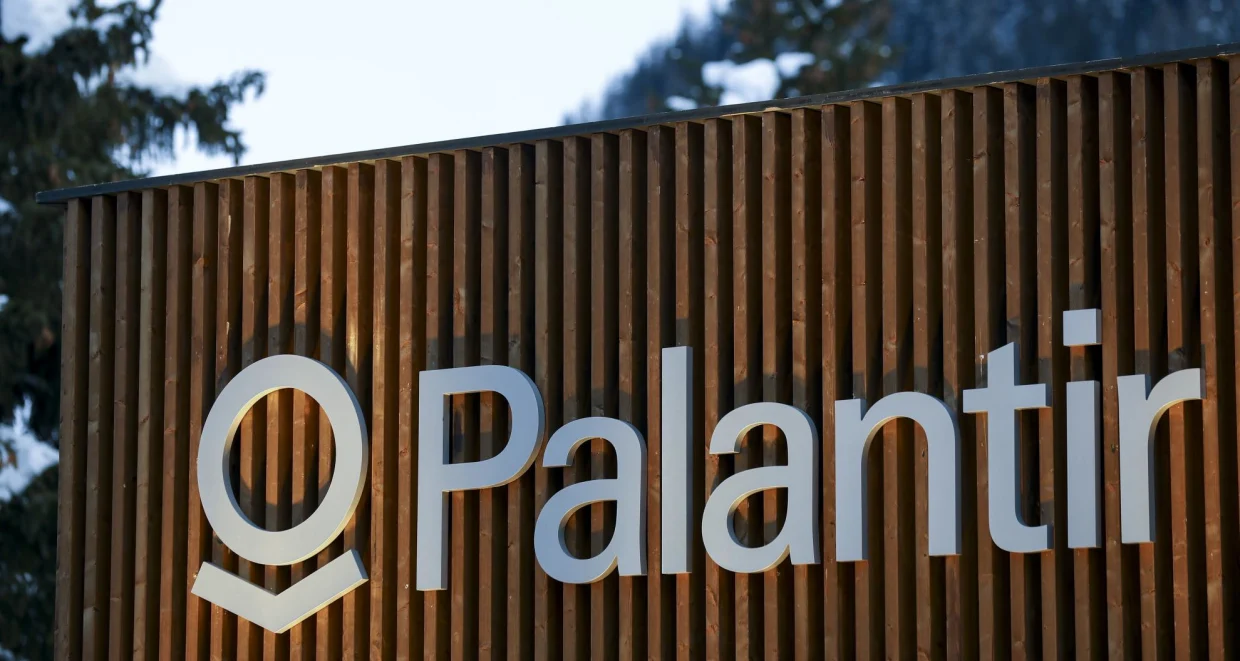With PLTR at all-time lows, is now a good opportunity to buy the stock?
Palantir shares are currently trading at all-time lows. This is due to the sharp drop of more than 20% after the company reported mixed earnings results and soft guidance for the second quarter (Q2).
Has an opportunity opened up to buy Palantir stock at a discount?

Palantir's Earnings Bloodbath
On the surface, Palantir's earnings numbers looked decent. Palantirreportedmixed Q1 results: While it missed its earnings per share estimates by 2 cents, the company reported revenues of $446.36 million — $2.85 million above expectations.
Revenues grew 31% year over year (YoY), above the annual revenue guidance of 30% growth. Commercial U.S. revenues were the highligh,t growing 136% YoY. Operating margins showed an improvement of 14% compared to last quarter and 33% compared to the same quarter last year.
The problem was that growth in its government business — Palantir’s most valuable segment — has been slowing down rapidly. Government revenue growth was below the company's target for the second consecutive quarter, at just 16% in Q1. In Q4, it grew only 26%.
And there's nothing worse for a tech growth stock than to report a growth slowdown. The current revenue consensus for 2022 is 28.7%, below Palantir's annual growth guidance. The full-year 2022 margin guidance remains at 27%. However, little clarity has been given on how the company intends to achieve these numbers, as it has already started Q1 reporting 7% below.
From the market's view, the outlook for Q2 was also disastrous. Palantir's management is expecting revenues of $470 million, which is only a 25% increase compared to Q2 last year. Investors are also disappointed by expected operating margins of 20%, indicating further declines from Q1, when margins were 26% — 3% lower than in Q4.
Under Bear Attack
The current tone on Wall Street regarding Palantir is not the most optimistic. Right after earnings, Citi analyst Tyler Radke decreased his price target on Palantir from $10 to $7 while maintaining his sell recommendation.
According to Radke, Palantir's underlying growth continued to weaken in the first quarter along with the lower beat on quarterly revenue estimates. Weak guidance below Wall Street estimates complete the bearish picture.
Further, the analyst said that growth metrics when adjusted for SPAC revenue are still worse, with minimal growth in commercial agreements alongside incremental declines in total commercial business revenues.
Another bear, Deutsche Bank analyst Brad Zelnick, also lowered his price target on Palantir from $15 to $11. The analyst is a critic of the company's lack of transparency to which the stock's compensation flatters profitability and limits the confidence in Palantir's long-term business.
However, Zelnick acknowledges that there is room for Palantir to grow in the near term, but he remains skeptical about how sustainable that growth can be.
The Bottom Line
Palantir is a classic case of a long-term growth stock that has been hit hard by the current macroeconomic downturn. With the market in fear of a recession, growth stocks like Palantir that are still struggling to prove sustainable long-term growth profitability are naturally avoided by investors.
However, the stock still cannot be considered cheap based on its current valuation, even though it has dropped significantly in recent months. Palantir trades at a P/E ratio of 62 times, which implies a difference of 255% to the broader IT sector.
This high ratio is rightly attributed to the company's minimum annual growth target of 30% by 2025. And as the company proves unable to follow this trend, the negative market reaction should continue.
The positive long-term outlook for Palantir is the growth of its commercial customers, equivalent to 86% YoY growth. However, it will take some time for revenue growth through new customers to be reflected. This might have important potential for an upside in the long run. But it is difficult to be more confident about what can actually be expected further down the road.
Finally, the company's management reported that there is a large potential update in Palantir's guidance due to its role in responding to developing geopolitical events, such as the supply of military software in conflict developments from the Ukraine war. According to Palantir's CEO Alexander Karp, the company has spent nearly two decades preparing for the current moment.
Therefore, I believe it makes sense only to invest in Palantir at the current share price for the long term. Palantir’s software technology is great, but there are many doubts regarding Palantir’s ability to maintain its government and commercial business growth rate based on its current valuation.
There's no middle ground. Either Palantir shareholders who have patience will witness strong growth in the long run, or else the stock will plummet further until it reaches a valuation more in line with the sector.
